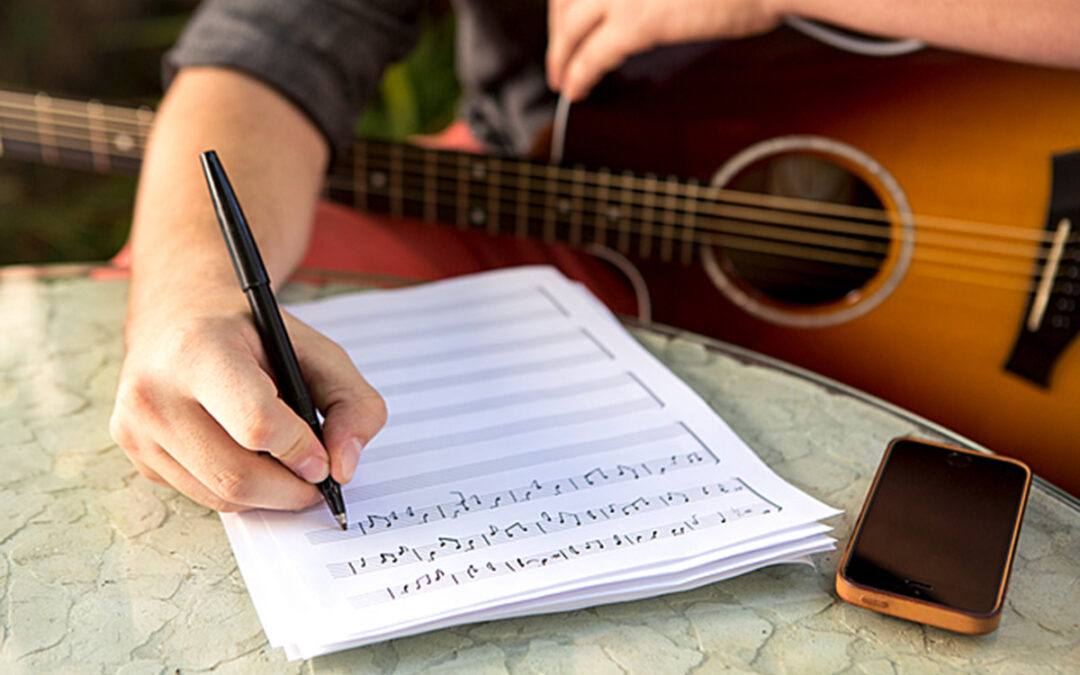OYB Exodus 28, 31, 35 and 36
The very impulse to create is divine.
Although we may agree, those impulses are often assigned the status of hobby. Should they be?
In her little book, Walking on Water: Reflections on Faith and Art, writer Madeleine L’Engle speaks eloquently to this point. L’Engle was a brilliant, thoughtful Christian writer with a strong interest in science (and classical music) that informed her extraordinary literary output. She proposes that we have been losing that “willingness to know things in the deepest, most mythic sense.” Don’t think she’s getting all woo-woo here. “Unless we are creators,” she states firmly, “we are not fully alive.” L’Engle cared for both her family and her art by determinedly creating a life where she moved between the stove and the typewriter. You are likely familiar with her classic children’s books such as A Wrinkle in Time, A Wind in the Door, and A Swiftly Tilting Planet.
Now, in the middle of the Book of Exodus, while wading into the construction of the tabernacle in the wilderness, we suddenly find God giving Moses instructions for the designing of garments for the high priest. And before the detailed instructions for the what is the why: for glory and for beauty.
So you shall speak to all who are gifted artisans, whom I have filled with the spirit of wisdom . . . that they may make Aaron’s garments.
A little later, he calls out an extraordinary craftsman for work on the tabernacle interiors: Bezalel.
I have filled him with the Spirit of God, in wisdom, in understanding, in knowledge, and in all manner of workmanship, to design artistic works, to work in gold, in silver, in bronze, in cutting jewels for setting, in carving wood, and to work in all manner of workmanship.
God didn’t just zap Bezalel with Divine creativity. Bezalel had honed his craftsmanship to a point where God could take it to a Divine level.
Women were called to this work, as well:
All the women who were gifted artisans spun yarn with their hands, and brought what they had spun, of blue, purple, and scarlet, and fine linen. And all the women whose hearts stirred with wisdom spun yarn of goats’ hair.
Gifted artisans were to make the tabernacle with its coverings, clasps, boards, bars, pillars, sockets, and the hundreds of other details that would go into designing and building that sacred wilderness house of worship.
Moses shares the Divine instructions with the people. He tells them that Bezalel and his co-artisan, Aholiab, have been specially called out, and adds this:
God has put in Bezalel’s heart the ability to teach—in him and in Aholiab.
Having spent years diligently honing their various crafts, God now overshadowed the efforts of those men and women to create works of beauty for His glory. And they were to teach apprentices who would absorb that wealth of knowledge and carry it into the next generation.
Keep in mind, this was done with materials bundled and loaded onto carts and moved for months across a vast desert.
Recently I have been pondering the mystery of artistic talent. When I was 16 years old I read Irving Stone’s historical biography of Michelangelo, The Agony and the Ecstasy. The artist’s consuming love of carving marble and all that he endured to pursue that desire affected me deeply. In March, we will be traveling to Italy, so I’ve been rereading the biography and marveling again at the gifts God has given to men and women throughout the ages.
But the fact is, we have all been given some portion of the creative instinct. Writing, music, painting, sewing, cooking, woodwork, designing and/or decorating beautiful or fun or imaginative spaces, creating beautiful anything—the scope of giftings is limitless. Will your paintings ever be exhibited? Possibly never. Will your songs ever be published? Maybe not. Will you have your own cooking show? Unlikely. But the exercising of those gifts is a God-thing. We know exactly what Olympic runner and future missionary Eric Liddell meant when he said with such passion: “When I run, I feel His pleasure.”
We do it because it stems from a divine impulse.
We do it for glory and for beauty.
We should do it, indeed, not just for our own pleasure. We should do it for the pleasure of the God who gave us that specific desire and, if we pursue it, ability.
So dust off your gift. Stop calling it a hobby. Or a guilty pleasure. Or just something you “do.” Assign it the value it deserves. Determine to know something in the “deepest, most mythic sense.” And please God as you do.
Are you allowing your creative impulses to give God glory? If not, why not?


Beautiful! thank you, Debra.
Thank you, Robin!